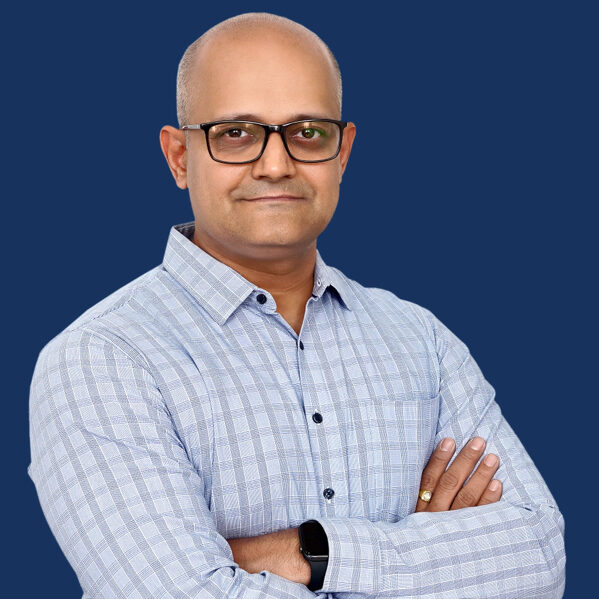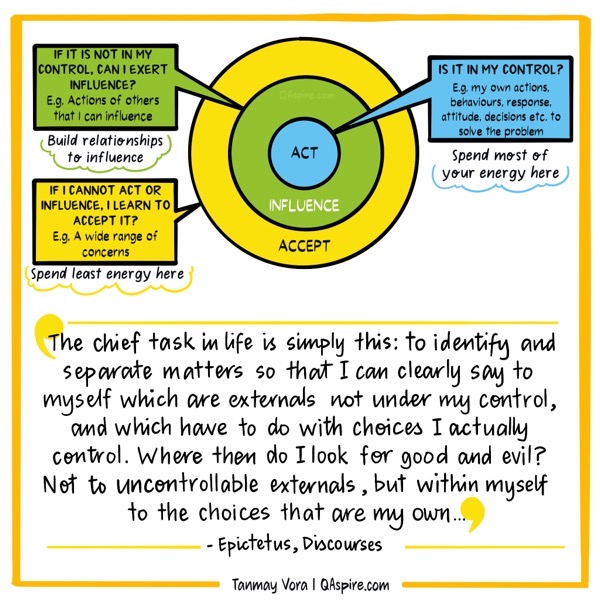After my schooling, I spent a full year dabbling into different courses (architecture, industrial chemistry, civil engineering). I did not pursue any of those because I wasn’t convinced they aligned with my interests.
I chose software engineering, a very new career option at the time. Since admissions to most colleges were completed, I had to opt for an degree course from private institute.
That decision did not go well with many well-intentioned people around me including friends and family.
“There is no career after such courses.”
“You won’t get a government job after a degree from private institute.”
“Computers are only replacing type-writers.”
You get the point.
My parents believed in my decision and that support made a lot of difference. I not only completed the course successfully with a state rank, I was also placed as a faculty in the same institute after 4th semester. That was the beginning of a long “work and learn” career where I managed databases, built software, defined processes, built teams from scratch, consulted global customers, travelled countries, ran businesses and led organizations.
“What if I had acted in accordance with those opinions?” I often wonder. That doesn’t matter because it never happened.
What matters is that I decided based on my intuition at the time. I never resisted any opinions because they came from well-intentioned but probably, poorly informed people around me.
Choosing a career stream is like taking the bus. You need to validate the destination before you board.
But the key point is: Decision making is an art because you have to rely on logic (research etc) and emotion (your energy and intuition). The best decisions are mostly at the intersection of YOUR logic and intuition.
Take opinions from others and factor them into your research. But don’t decide solely based on the opinion of others. That is a sure way to mediocrity.
As Naval Ravikant says,
“If you want to make the wrong decision, ask everyone.”
18/366

